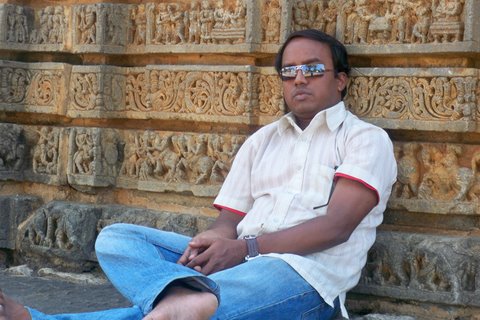Brief :
Section 28 of the Income-Tax Act, 1961, taxes income from business or profession after deduction of expenses, as provided in Section 29. These expenses, among others, include expenses on current repairs, insurance and depreciation. Plant has been defined in Section 43(1) in an inclusive way, where there is no mention of 'human body'.
Citation :
This issue has recently been considered by the Delhi High Court in Shanti Bhushan versus CIT (2011) 199 Taxman 280 (Del). The assessee, an eminent lawyer, incurred expenditure on his heart surgery and claimed such expenditure in his income-tax assessment under Section 31 of the Act as akin to repairs of plant. For 1983-84, he declared professional income of 2,14,050 after claiming deduction of 1,74,000 incurred as expenditure on coronary heart surgery . The surgery considerably improved his health and earning capacity. His income rose from 3.50 lakh in the year of surgery to 106 lakh five years later.
Shanti Bhushan lost his claim up toIncome-Tax Appellate Tribunal (ITAT). The ITAT rejected the claim by a peculiar reasoning saying that a man cannot stop or regulate the functioning of his heart or use it at will to suit his purpose. Since the functioning of heart is involuntary, it cannot be said to have been 'used' for a specific purpose or activity, except to live and to be alive. Therefore, a professional cannot claim that he uses his heart for the purpose of profession. In the case of the assessee, he sharpens his professional skills not by using his heart but by using his brain.
The reasoning given by the ITAT is far-fetched. If the heart stops functioning, the brain will become dead automatically. Good health and life have to go together and, hence, the whole human body is a plant and cannot be dissected into parts such as brain and heart. To make the brain work, keeping the heart in a healthy condition is imperative and only a novice can say that heart is not like a tool in the plant and achinery of human body.
.jpg) There is apparently a contradiction in the ITAT reasoning. It tantamounts to saying that only the engine in a car is functional - not other parts - and, hence, depreciation should be allowed only on the value of the engine - not on the value of the entire car. In CIT versus Sibbal Cold Storage (1996) 135 Taxation 576 (MP), it has been said that both operative and supportive structures constitute 'plant', and 'plant' includes within its ambit building in which machines are installed. On this analogy, the brain cannot function unless it is in a sound body.
There is apparently a contradiction in the ITAT reasoning. It tantamounts to saying that only the engine in a car is functional - not other parts - and, hence, depreciation should be allowed only on the value of the engine - not on the value of the entire car. In CIT versus Sibbal Cold Storage (1996) 135 Taxation 576 (MP), it has been said that both operative and supportive structures constitute 'plant', and 'plant' includes within its ambit building in which machines are installed. On this analogy, the brain cannot function unless it is in a sound body.
Judgement :
The high court has decided the appeal against Shanti Bhushan. The grounds are:
1. General well-being of the heart and its functionality cannot be equated with using heart for engaging in trade and professional activity as expenses on repairs and renewals under Section 31 of the I-T Act.
2. Section 31 can be invoked when value of plant and machinery is reflected as an asset in the account books; only then can claim for repairs be made.
3. The claim is not admissible under Section 37(1) of the Act as it cannot be said to have been incurred wholly and exclusively for the purpose of the Act.
The high court has argued that if the heart was an asset, then it should have been listed as such in the list of assets (properties) of the appellant. This does not weaken the claim of the appellant because there are assets like self-generated go , patents, etc, which are not in the balance-sheet but become liable to capital gain tax when sold. The tax liability under the Act does not depend on accounting entries is an accepted principle in the incometax law.
CA SHIVA SHANKARA R. SHETTY
CHARTERED ACCOUNTANT
Mobile: +91 9035846043 Email: ca.srshetty@icai.org
www.casrshetty228359.in

.jpg)
No comments:
Post a Comment